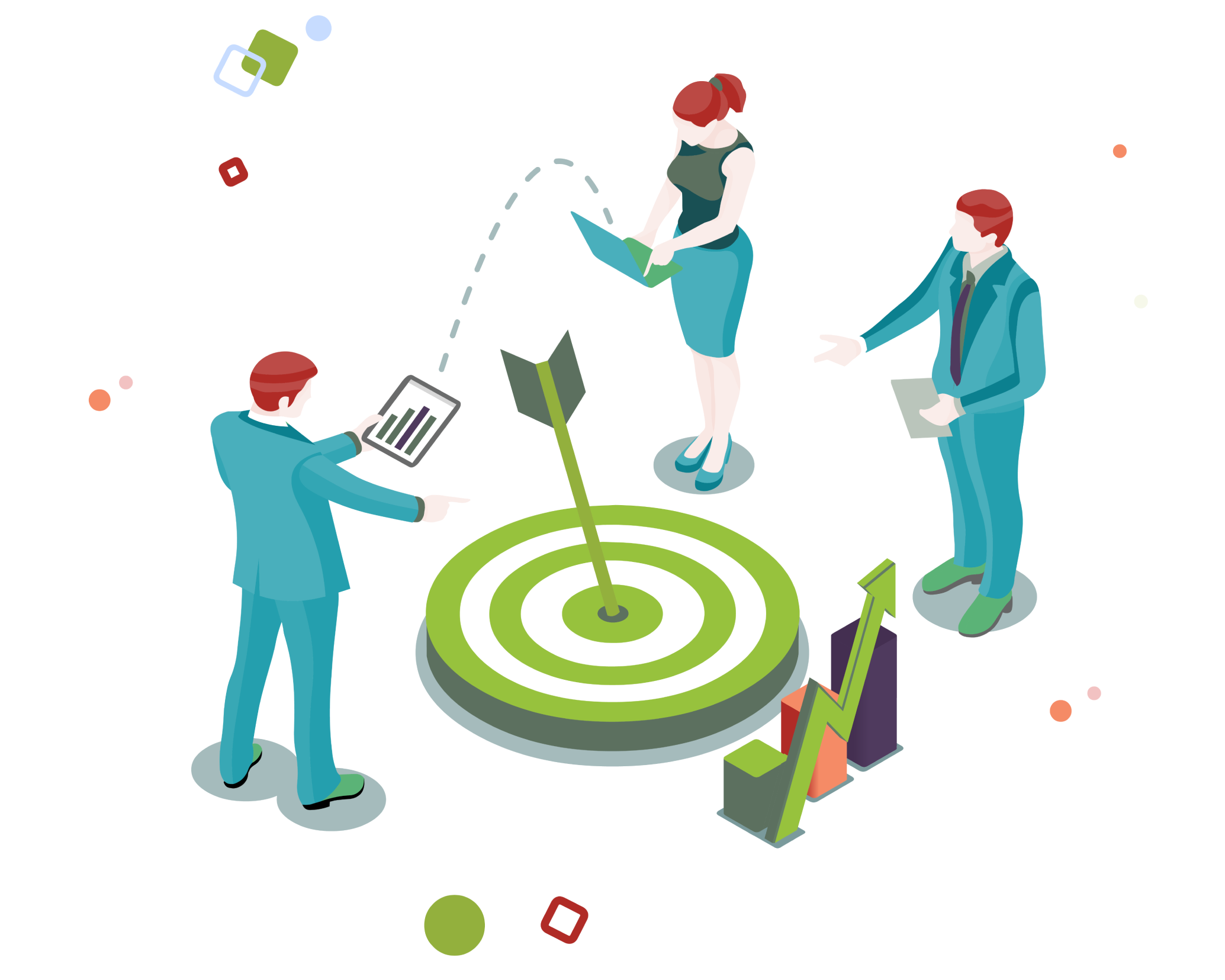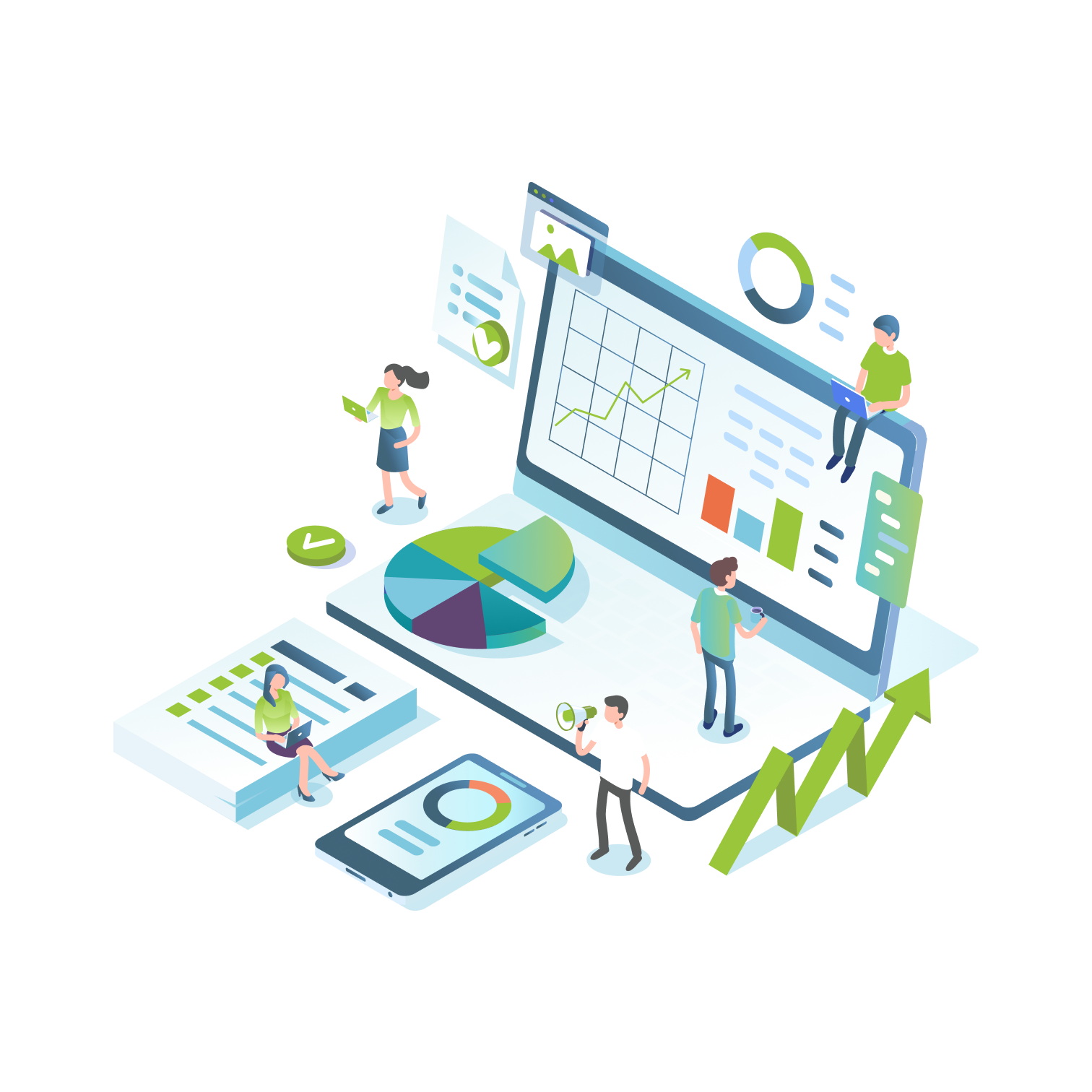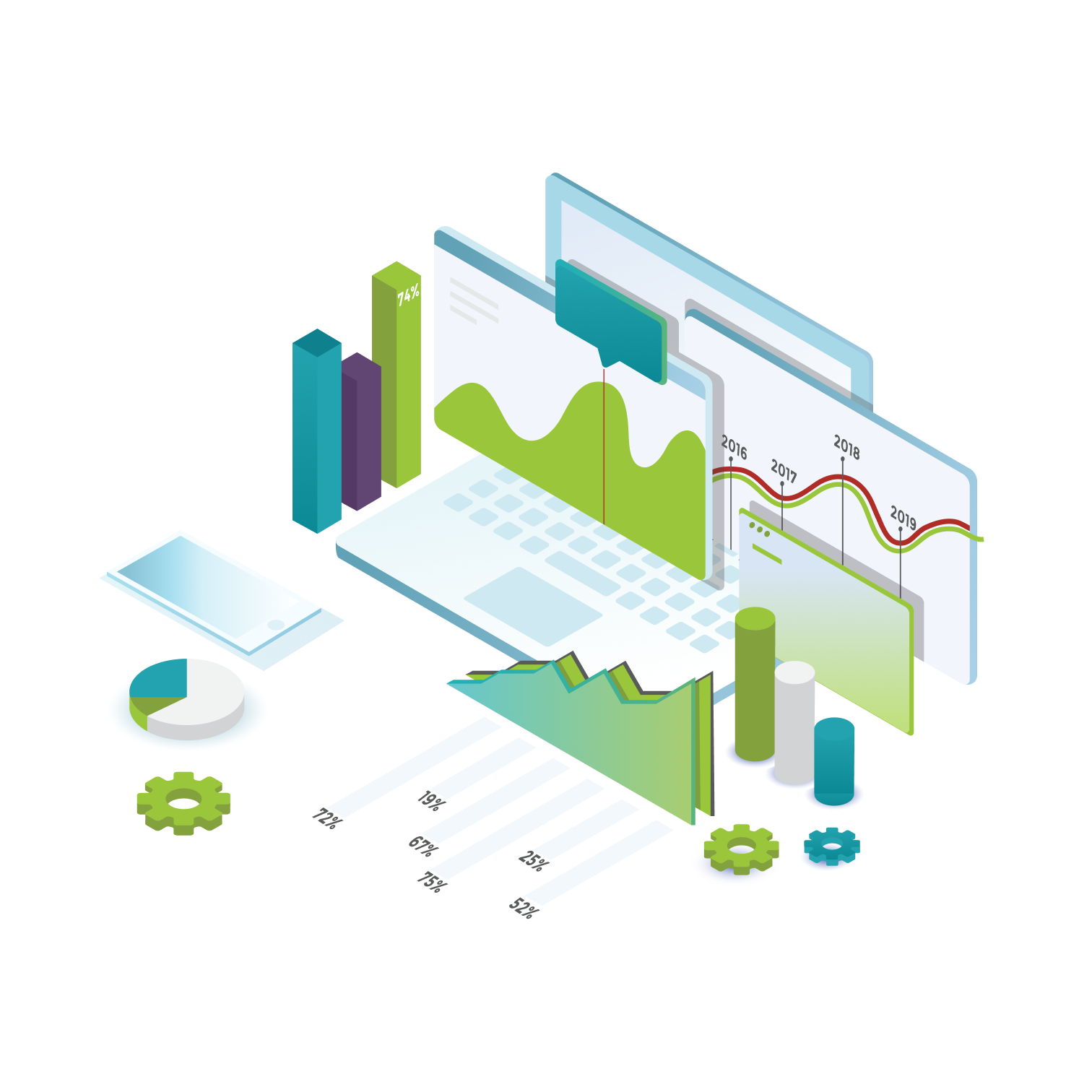AI & Machine Learning used in marketing automation

- SOFTWARE DEVELOPMENT
- CUSTOM APPLICATIONS
- MACHINE LEARNING
- AI
- ML
- ARTIFICIAL INTELLIGENCE
- MARKETING AUTOMATION
Some refer to AI simply as machine intelligence because in a conceptual sense it combines human intelligence with machines in order to enable them to perform tasks based on problem-solving rules and algorithms. Artificial intelligence is a broad concept that can range from rudimentary algorithms to future-oriented technologies such as deep learning.
Many marketing platform solution providers claim to use AI. However, the reality can differ greatly in what this actually means to them - from basic operations, search capabilities or chatbots up to something more complex, sophisticated and powerful.

Machine learning is a subset of AI and an implementation technique that enables the computer to improve its ability to make decisions using learning algorithms. This technique requires huge amounts of data, in which the algorithm can continuously learn more about the information it processes.
Nowadays, ML is a fundamental tool for those who are interested in creating a personalized offer. It enables the processing of huge amounts of data, from information captured by development and data analysis teams to sales, customer service, and customer feedback. So rather than using a set of instructions, the software is trained to process the information and to interpret it. This is great for marketing applications in which the machine can evaluate customer interactions in real-time, and allows marketers to gain better insights from individuals to improve results.
These unique capabilities allow us to get from macro- and micro-segmentation to actual personalization. ML-enabled solutions can help you deliver the right offer at the right time for every customer.
Personalization is often challenging, as proposal creation has long been a manual process that may not be able to reach customers in large numbers. ML helps automate the process, so that even the largest companies can create proposals that meet individual needs. Integration helps to identify the relationships between disparate data, and as a vast amount of data is collected during each interaction, the algorithm becomes smarter, allowing alternatives to be quickly tested, analyzed and fine-tuned to provide the most efficient customer journey for all interested parties.
Share this post on social media:
Posts by Tag
- IoT (17)
- Smart cities (16)
- E-mobility (14)
- Energy Management (10)
- Mobility (9)
- Software development (9)
- Marketing automation (6)
- RPA (6)
- Robotic Process Automation (6)
- electric vehicles (6)
- Internet of Things (5)
- IoT solution (5)
- Marketing software (5)
- Smart Building (5)
- Business Intelligence (4)
- Custom applications (4)
- IoT platform (4)
- Uipath (4)
- electric charging (4)
- IoT devices (3)
- Properties (3)
- AI (2)
- BI (2)
- Montu (2)
- Multi-device functionality (2)
- Omnichannel (2)
- RPA Budapest (2)
- Smart city (2)
- UX design (2)
- app development (2)
- artificial intelligence (2)
- crm (2)
- crm software (2)
- electric charging station (2)
- machine learning (2)
- marketing campaign (2)
- optima (2)
- API Testing (1)
- Agriculture (1)
- Automated Testing (1)
- BYOD (1)
- EV (1)
- Energy Communities (1)
- Event insights (1)
- Event report (1)
- Green IoT (1)
- HR (1)
- IT Outsourcing (1)
- ML (1)
- Power BI (1)
- Resource Management (1)
- Smart Home (1)
- Smart Office (1)
- TaaS (1)
- UX/UI Design (1)
- Xamarin (1)
- cloud (1)
- cloud computing (1)
- cross-selling (1)
- data driven marketing (1)
- digital twin (1)
- dynamic customer segmentation (1)
- esg (1)
- inbound marketing (1)
- industry 4.0 (1)
- onprem (1)
- onpremise (1)
- scalability (1)
- software robot (1)
- testing as a service (1)
- upselling (1)
Recent Posts
Read On

- OMNICHANNEL
- MARKETING AUTOMATION
- MARKETING SOFTWARE
- CRM SOFTWARE
- CRM
Top 5 CRM and Marketing automation trends in 2022
Today, on the 11th of January, we celebrate the International Day of Marketing. It is a perfect opportunity to highlight the importance of CRM and marketing software which is crucial in a company's life for saving time and money. Marketing is a rapidly changing business division; thanks to the rise...

- RPA
- ROBOTIC PROCESS AUTOMATION
Trends and use cases that will evolve RPA (Robotic Process Automation) in 2023
2022 has been an exciting year for robotic process automation, starting with the emerging phenomenon of intelligent automation through the expanding number of executing automation in the Cloud. Many trends in 2022 were primarily adaptive for medium-sized companies but they encouraged large...

- BUSINESS INTELLIGENCE
- BI
Data visualization trends in business intelligence: A broad overview from chart types to tech directions
Data visualization is essential to business intelligence as graphically illustrated large datasets help analysts have a deeper, more comprehensive understanding of incoming data in a shorter period. To visualize trends and represent numerical insights effectively, analysts have to select the proper...




